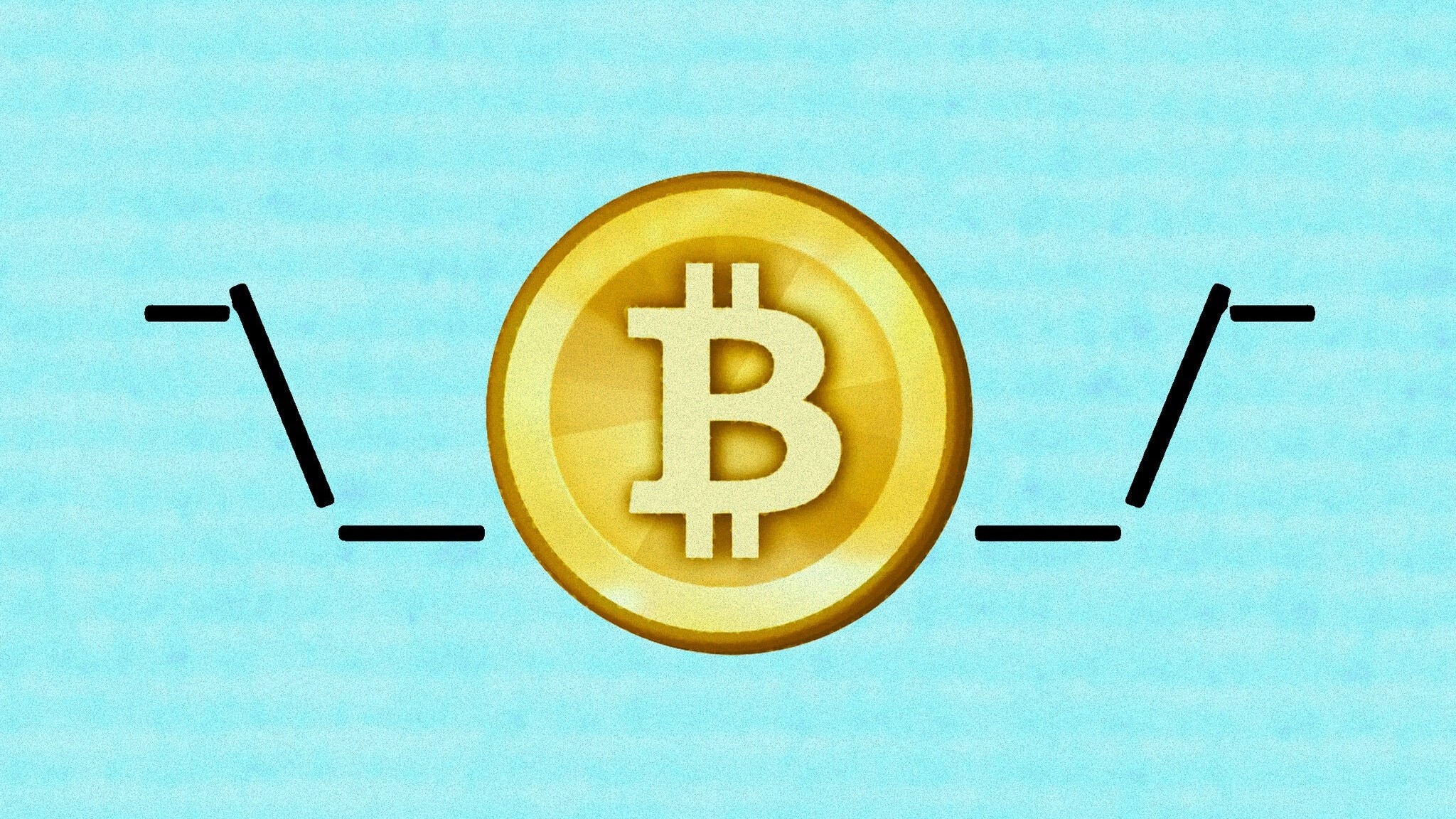
Every morning, we run The Narrative Machine on the past 24 hours worth of financial media to find the most on-narrative (i.e. interconnected and central) stories in financial media. It’s not a list of best articles or articles we think are most interesting … often far from it. But for whatever reason these are articles that are representative of some chord that has been struck in Narrative-world. And whenever we think there’s a story behind the narrative connectivity of an article … we write about it. That’s The Zeitgeist. Our narrative analysis of the day’s financial media in bite-size form.
To receive a free full-text email of The Zeitgeist whenever we publish to the website, please sign up here. You’ll get two or three of these emails every week, and your email will not be shared with anyone. Ever.
One of the observations we made in our most recent video was that “Broken IPOs have broken growth and momentum!” has become a part of the narrative surrounding the factor rotation of the last several weeks. I don’t know how true it is. But it has emerged from a common, if slightly out of the mainstream, theory into something that everybody knows that everybody knows.
Now, you won’t hear us say that IPOs are unaffected by narratives, in part because that would be a very stupid thing to say. I mean, it’s literally the most important opportunity most companies have to tell everyone how to think about how to value their company. Still, a private company coming to public markets presents an interesting case study for us. It is an opportunity to analyze Common Knowledge about both individual companies and risk appetites / preferences at large. It tests whether the narratives which served to produce private valuations are robust to a conversion of some portion of the underlying investor base. In a sense, it is one of those very few opportunities we get to peek behind the curtain of abstractions to see, just maybe, some measure of reality.
So was the We Company’s IPO disaster an isolated bridge too far? Was it, alongside various nightmares lurking within SoftBank pools, part of a series of related bridges-too-far? Will their breaking of profitless-growth-forever narratives become a broader phenomenon that investors need to account for in the rest of their portfolios? Is that what we have seen in the fits and starts of value kinda-sorta working these last several weeks?
I’m not sure. One of the problems (and beauties!) of focusing on observing instead of predicting is that it’s a lot harder to pin down causal relationships. I can see the connections people are making between the momentum/growth-to-value rotation on the one hand and SoftBank and WeWork on the other. I can see the sentiment of language used in reference to top-line growth stories veering more negative. I can see cohesion of narrative structure for consumer tech stories breaking down.
I can’t tell you whether fear of SoftBank and its funders’ ability to continue to backstop aggressive private valuations had a meaningful influence on the (very) recently disappointing relative returns of more expensive stocks and sectors. I can’t tell you whether or how much a sudden willingness of investors to question pursuing greater fool strategies on the WeWorks of the world contributed. I can’t tell you whether all of this worked in the other direction, with a range of trade, central bank, idiosyncratic and other concerns pushing risk postures at the margin in a direction that caught public and private high-flying growth stories in the wash.
What I can tell you is that we can observe the ideas being connected. This is the story we are all watching the crowd tell the crowd about growth, momentum, value and tech stories.
What I can also tell you is what would come next if you were someone with a mind to maintain and extend the Long Now: you’d want a good IPO. A consumer tech unicorn, sure, but a real one. One that would allow us to act like we were not in the heady excesses of the late 90s, but the practiced adolescence of the late teens. A company that would say “growth” but also “hey, I can actually see how this business model might make money!” A reset button.
And we would need it now.
$31 billion Airbnb announces plan to go public in 2020 [Business Insider]
I can’t tell you why they decided to announce this now. Maybe – probably – coincidence.
What I can tell you is why this sits atop the Zeitgeist, as one of the five most linguistically connected articles in all of financial media today. Because financial media, investors (no, not you, seven remaining value investors), execs, asset owners – all the benefactors and beneficiaries of capital markets as a public utility, need this.
Will the IPO market be as good as it once was? Probably not. But I have a sneaking suspicion that a lot of people will be working overtime to make it as good once as it ever was.


So is it just me or is no one talking about the Fed basically just initiating $1-1.5 trillion (stealth?) QE4 over a period of less than a month? Not part of the Zeitgeist?
For those interested in some analysis of this week’s repo activity:
http://creditbubblebulletin.blogspot.com/